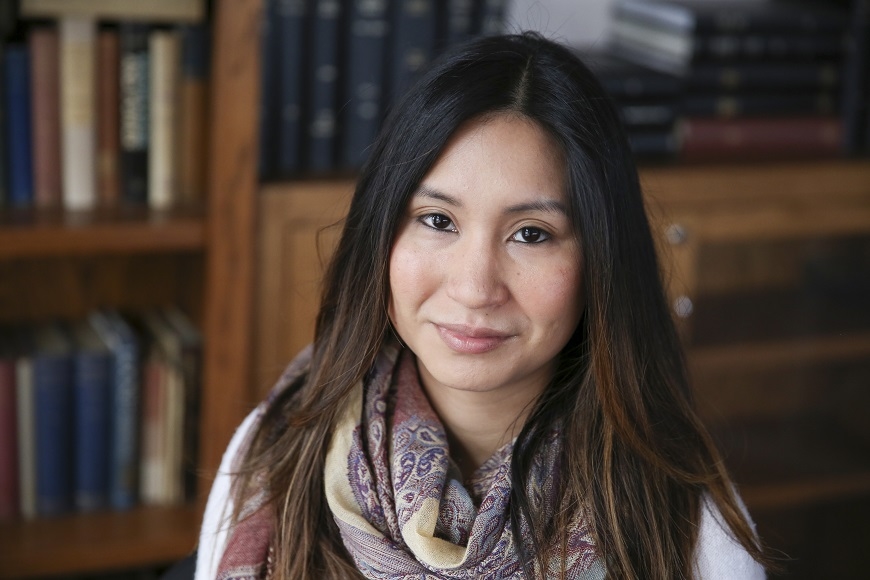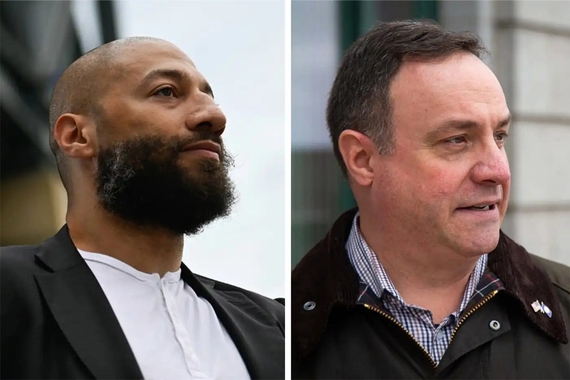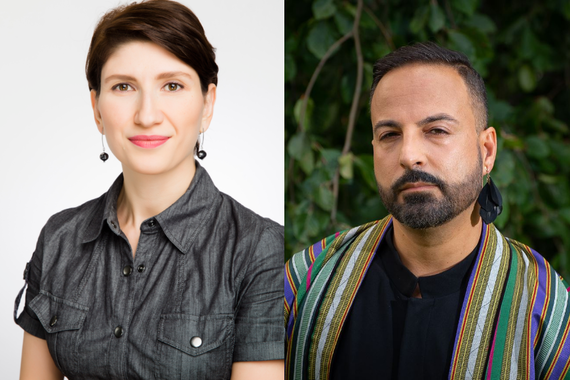First-Gen Grad Student Farrah Tek on Expanding Diversity in Poli Sci
You were awarded a Leadership, Equity, Inclusion, and Diversity Fellowship. Can you describe the LEID Fellowship?
The Leadership, Equity, Inclusion, and Diversity (LEID) Fellowship is a fellowship from the University of Minnesota Graduate School that rewards PhD candidates who have demonstrated a commitment to diversity, equity, inclusion (DEI), and/or social justice through scholarship, research, and/or community initiatives.
Why is the fellowship important, what went into the application process, and what do you plan on doing with the fellowship?
Fellowships that award those committed to such issues are significant for several reasons. First, “diversity” has long been an issue in academia (and elsewhere). Racial and ethnic minorities make up more than a third of the national population, but far less in academia.
With the COVID-19 pandemic causing a financial disruption to universities, the LEID fellowship contributes to sustaining and building diversity here at the U and hopefully the wider academic community by allowing recipients to work on their doctoral studies full-time with its financial support. Second, it recognizes the invisible labor (often unpaid or underpaid) and time put into DEI issues—work that often burdens students from underrepresented and underserved communities. Third, it recognizes that DEI issues and social activism are important, and the work that goes into it cannot be neglected.
For graduate students, if DEI work and social justice are not related to your dissertation, then it is unfortunately not highly encouraged to do. The acknowledgment through finances is thus significant and allows us to continue with this work and our doctoral studies.
What Diversity, Equity, and Inclusion Work are you engaged with in the Department of Political Science?
One of the requirements in applying for the fellowship was to demonstrate how we have been committed to DEI and/or social activism. I talked about how I served on the Department of Political Science Diversity Committee. On the committee, I helped with a pipeline program for undergraduate students from historically Black colleges and universities (HBCU) in political science departments. I co-organized our “diversity weekend” [event] to recruit students from underrepresented and underserved groups, helped create a PhD concentration called “power, equity, and diversity” for students to explore issues on the margins, and the first “Diversity Talks”—a interdisciplinary colloquium series that aimed at inviting scholars whose research focused on DEI themes.
Outside of academia, I put effort into the Minnesota 8 (MN8) campaign, which is a local anti-deportation movement for eight Cambodian men freed from Immigration and Customs Enforcement (ICE). Four out of the eight men were freed from ICE and have returned to their family.
Why is the work you do important to you?
This is my eighth year in the PhD program, and eight years is considered a long time to not have yet finished and defended my dissertation. But I recognize that I am a first-generation student with parents who did not even attend middle school because they were forced into child labor so this graduate school experience has been new to me and constantly is—even now.
What I will say next did not bring me to this program, but it is what makes me want to finish. Less than 60 percent of Cambodians graduate from high school and far less from university, and consequently. even fewer are getting their doctoral degree. As a Cambodian-American, I am committed to finishing my doctoral studies, which is a DEI initiative for myself.
What is the focus of your dissertation? What sort of work has gone into your dissertation so far?
My dissertation grapples with the question of why and how subaltern actors in repressive states choose to engage the law to redress their grievances, despite the apparent hopelessness of doing so.
I did my fieldwork in Cambodia, where I spent seven months in the capital, Phnom Penh, and several rural provinces to observe and interview garment factory workers and activists in a grassroots environmental group in Northern Cambodia called the Prey Lang Community Network (PLCN).
What big questions, or specific questions, are you trying to answer and why is it important to the discipline?
One of my aims in conducting and producing research is to clarify unwritten history on issues that have received little attention. The last three decades of socio-legal research has predominantly centered on legal politics in the West—the place where the rule of law is thought to exist and flourish. Yet, over the next thirty years, researchers will need to stretch the agenda to investigate the complex relationship between the state, legal pluralism, and identities (e.g., race, religion, gender, sexuality, and indigeneity), and human agency in non-Western countries. My research is contributing to this emerging literature on legal mobilization beyond the West.
My dissertation also breaks new ground in the study of authoritarian legality. Most scholarship on this topic argues that citizens will remain passive or nihilistic in the face of repressive institutions. When citizens do engage the law under authoritarian rule, scholars attribute this to the regime’s efforts to contain conflict. By channeling grievances into state institutions, they argue, the regimes seek to prevent discontent from exploding in the streets.
My dissertation challenges both of these views. Through an analysis of garment workers in Phnom Penh and the PLCN, I show that these subaltern groups have not given up on the law, but are instead invoking the law despite the regime’s active and often violent discouragement.


